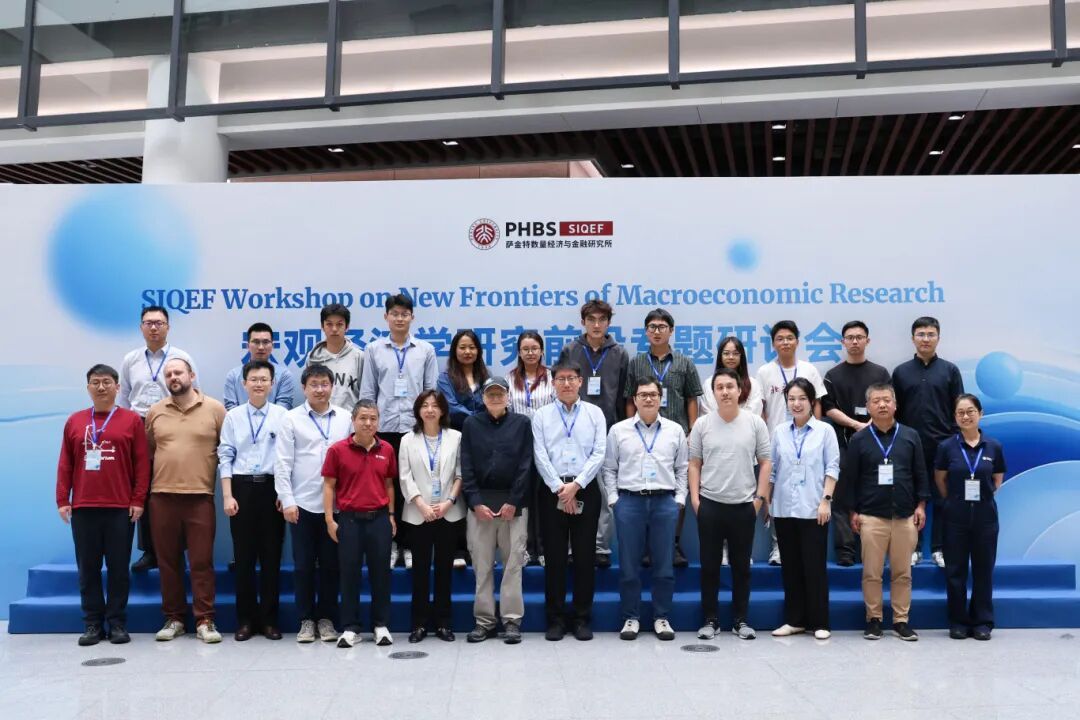Traditional matching theory—applied in contexts such as college admissions, kidney exchange, and labor markets—assumes individuals make rational, preference-based choices. However, empirical research in economics, psychology, and marketing shows that people often deviate from rational behavior due to cognitive biases and decision-making errors, including choice overload, framing effects, attraction effects, and status quo bias. These nonstandard behaviors are frequently observed in real-world matching markets but remain underexplored in classical models. This paper aims to incorporate such behavioral features into the theory of stable matchings.
We introduce a many-to-one matching framework in which individuals are modeled using choice functions rather than traditional preference relations, allowing for a broader range of decision-making processes. Focusing on choices from singleton sets (acceptability) and binary menus (pairwise comparisons), we investigate what minimal behavioral conditions are necessary for the existence of well-functioning matching markets—specifically, those that ensure stability and incentive compatibility.
This paper identifies two key conditions: weak acyclicity and acceptable consistency. Weak acyclicity ensures that individuals do not exhibit strict preference cycles in binary comparisons, while acceptable consistency requires that individuals do not choose an unacceptable option over an acceptable one. These conditions are shown to be necessary and sufficient for the existence of stable and incentive-compatible mechanisms. While the classical assumption of path independence (equivalent to rational preference maximization) implies both conditions, the converse does not hold. Importantly, common nonstandard behaviors such as attraction effects and status quo bias violate path independence but still satisfy these weaker requirements.
We demonstrate that these conditions are also equivalent to the existence of mechanisms that are individually rational, weakly non-wasteful, and incentive compatible. However, incorporating nonstandard behavior fundamentally alters the structure of the stable matching set: it may lack a lattice structure, side-optimal matchings may not exist, and constrained efficient outcomes may be unattainable due to indecisiveness.
The paper also explores how matching mechanisms can be designed to accommodate boundedly rational behavior. We show that dynamic mechanisms using simultaneous cutoffs—which present individuals with large menus—require path-independent choice to ensure stability. In contrast, a modified sequential cutoff mechanism—where individuals choose between at most two alternatives—can function effectively under the weaker conditions of weak acyclicity and acceptable consistency. This approach reduces cognitive complexity and better aligns with observed behavioral tendencies. An application inspired by the college admissions process at the University of Delhi illustrates the practical relevance of this design.
In sum, this paper extends stable matching theory to account for a wide range of nonstandard choice behaviors. We provide foundational behavioral conditions for stability and incentive compatibility, clarify their relationship to classical rationality, and demonstrate how mechanism design can be adapted to handle cognitive limitations. These insights offer both theoretical contributions and practical guidance for designing matching markets in the real world.
About Manshu Khanna:
Manshu Khanna
is an Assistant Professor of Economics at the Peking University HSBC
Business School. He holds a Ph.D. in Economics from the Boston College.
His research focuses on market design, microeconomics, and experimental
economics.
















